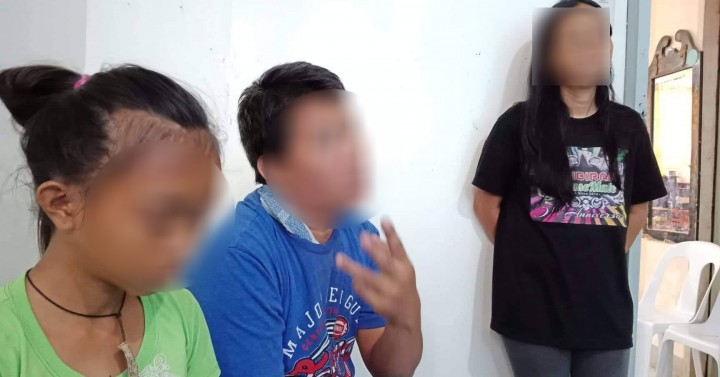Rape victims' deferral in filing charges
The Supreme Court in People v. Pareja[1] citing People v. Ogarte[2] explained why a rape victim’s deferral in reporting the crime does not equate to falsification of the accusation, to wit:
 In People v. Pareja, the Supreme Court held that victims of a heinous crime, such as rape, cannot be expected to act within reason or in accordance with society’s expectations. It is unreasonable to demand a standard rational reaction to an irrational experience, especially from a young victim. One cannot be expected to act as usual in an unfamiliar situation as it is impossible to predict the workings of a human mind placed under emotional stress. Moreover, it is wrong to say that there is a standard reaction or behavior among victims of the crime of rape since each of them had to cope with different circumstances.[4]
In People v. Pareja, the Supreme Court held that victims of a heinous crime, such as rape, cannot be expected to act within reason or in accordance with society’s expectations. It is unreasonable to demand a standard rational reaction to an irrational experience, especially from a young victim. One cannot be expected to act as usual in an unfamiliar situation as it is impossible to predict the workings of a human mind placed under emotional stress. Moreover, it is wrong to say that there is a standard reaction or behavior among victims of the crime of rape since each of them had to cope with different circumstances.[4]
The failure of complainant to disclose her defilement without loss of time to persons close to her or to report the matter to the authorities does not perforce warrant the conclusion that she was not sexually molested and that her charges against the accused are all baseless, untrue and fabricated. Delay in prosecuting the offense is not an indication of a fabricated charge. Many victims of rape never complain or file criminal charges against the rapists. They prefer to bear the ignominy and pain, rather than reveal their shame to the world or risk the offenders’ making good their threats to kill or hurt their victims.[3] (Emphasis supplied)
 In People v. Pareja, the Supreme Court held that victims of a heinous crime, such as rape, cannot be expected to act within reason or in accordance with society’s expectations. It is unreasonable to demand a standard rational reaction to an irrational experience, especially from a young victim. One cannot be expected to act as usual in an unfamiliar situation as it is impossible to predict the workings of a human mind placed under emotional stress. Moreover, it is wrong to say that there is a standard reaction or behavior among victims of the crime of rape since each of them had to cope with different circumstances.[4]
In People v. Pareja, the Supreme Court held that victims of a heinous crime, such as rape, cannot be expected to act within reason or in accordance with society’s expectations. It is unreasonable to demand a standard rational reaction to an irrational experience, especially from a young victim. One cannot be expected to act as usual in an unfamiliar situation as it is impossible to predict the workings of a human mind placed under emotional stress. Moreover, it is wrong to say that there is a standard reaction or behavior among victims of the crime of rape since each of them had to cope with different circumstances.[4][1] People v. Pareja, G.R. No. 202122, 15 January 2014, 714 SCRA 131, 147, citing People v. Sanchez, G.R. No. 197815, 8 February 2012, 665 SCRA 639, 643.
[2] 664 Phil. 642 (2011).
[3] Id. at 661, citing People v. Gecomo, 324 Phil. 297, 314-315 (1996).
[4] People v. Pareja, supra note 1 at, 153-154.
